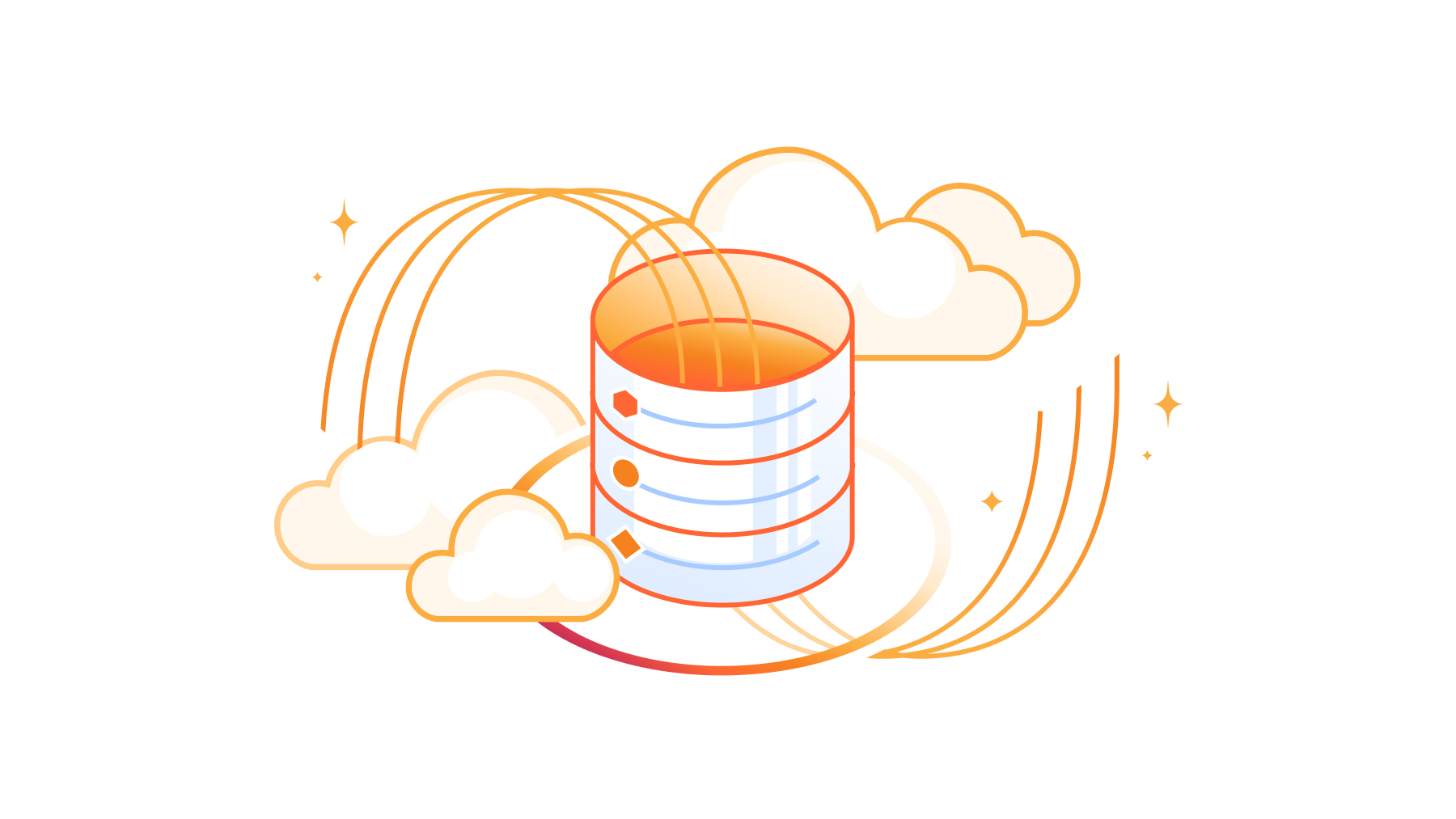S3-compatible object storage solutions
Object storage is ideal for organizations with large, unstructured data collections that grow rapidly. S3-compatible object storage enables developers to store unstructured data while using the same interface as Amazon S3, but with a different cloud provider for increased flexibility and control over costs.
What is S3-compatible object storage?

Object storage is a highly flexible and scalable type of cloud storage, capable of cheaply storing massive amounts of unstructured data. S3-compatible object storage is cloud storage that is compatible with the Amazon S3 object storage service.
It enables developers and organizations to use preexisting S3 tools, extensions, and libraries for managing data objects even though they are stored on a non-S3 platform.

Challenges from being locked in to one storage platform
Lack of flexibility
Using one cloud provider's tools and storage can result in being locked in to that provider.
High egress fees
Relying on S3 alone means that any time stored data is accessed from outside of S3, high egress fees are incurred.
Difficult migration
Using non-S3-compatible object storage makes it difficult to move from S3, because internal tools will need to be reconfigured or re-selected if they are not S3-compatible.
Benefits of S3-compatible object storage solutions
Easy migration
S3-compatible storage makes it simple to move data from one vendor to another, or to back up data with another object storage provider.
Reduced vendor lock-in
Maintain flexibility by storing objects across multiple providers or duplicating object storage databases, ensuring you can pivot between cloud providers if necessary.
Control over costs
Adopting S3-compatible storage gives organizations a choice of vendors and provides greater control over costs such as egress fees.
Simple data retrieval
Use the same tools, utilities, plugins, extensions, and interfaces that are already used with S3 to search for and retrieve objects.
Key use cases for S3-compatible object storage
How Cloudflare delivers S3-compatible object storage
Cloudflare R2: Global object storage with zero egress fees
S3-compatible API
With the R2 object storage service, Cloudflare offers an S3-compatible API for accessing the wide range of S3 tools, libraries, and extensions.
Predictable pricing
R2 does not charge egress fees. Organizations are charged based on the total volume of data stored and two classes of operations on that data.
Security
R2 provides strong security with undiscoverable bucket names and randomized URLs for each bucket.
Data stored in nearest region
R2 automatically selects a bucket location in the closest available region to the "create bucket" request. With the Cloudflare global network, which has locations in over 125 countries around the world, data is never far from users.
Related case studies
SYBO adopted R2 to support creative assets for in-game campaigns. In the past, the company's designers were limited by bandwidth and cost constraints. But by hosting creative assets on R2, SYBO is now able to provide its designers with much more creative freedom to maintain their games' top-tier quality. SYBO can also serve creative assets to users affordably.
Fully integrated with Cloudflare Workers, the Cloudflare global network, and the rest of the Cloudflare platform, R2 allows Caliente to store its data on the edge without vendor lock-in or the expense of accessing it. R2's lack of egress fees saves them thousands of dollars each month.
In transitioning to the cloud, Porsche Informatik needed to ensure high availability and optimal performance for users around the world. They used R2 and Workers to build and run applications near the end user, reducing bandwidth costs and providing massive performance and usability improvements.
Reduce cloud spend and avoid hidden costs
Additional resources
Use our R2 pricing calculator to get a free estimate based on your expected usage.

Object storage is a method for saving large amounts of data, especially unstructured data, in the cloud. Learn how object storage works.
The significant cost of data egress is an obvious place to streamline spending. As organizations look to trim costs, egress fees should come under heavy scrutiny.
Cloudflare R2 object storage includes full S3 API compatibility, working with existing tools and applications as built.

R2 provides edge storage for all your data to help you deliver high performance applications with zero egress fees.